Procol • April 15, 2025
Top Strategies for Revamping Supplier Relationship Management (SRM)
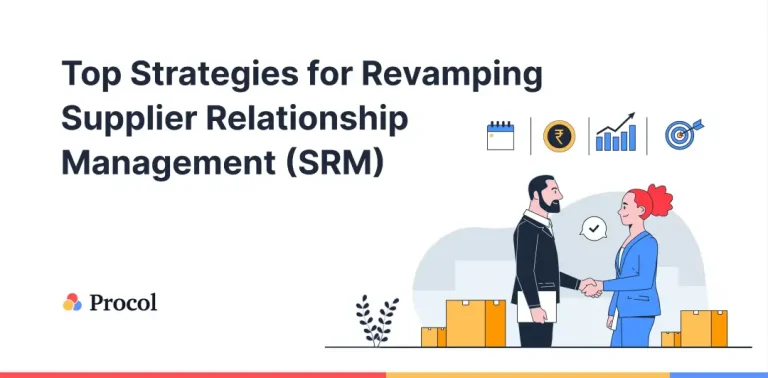
What is Supplier Relationship Management (SRM)?
Supplier Relationship Management, or SRM, is a tool that helps your company deal with and manage third-party suppliers. This ensures that you receive goods and services on time. It is important to optimise the value of the relationships between both parties. For this to happen, you need to choose suppliers that are easy to work with and cost-effective.
In recent years, supplier relationship management has seen a gradual and steady transformation which has intricated the process. With challenges in corporate procedures, you must choose the right e-Procurement software for your business.
According to a McKinsey report, the main barriers businesses might face are communication and cross-functional engagement. Out of 300 people who participated in the survey, 42.3% believe that businesses lose much of their revenues due to a lack of effective communication. The supplier side is equally important as the consumer side. Supplier relationship management helps improve the quality and cost and improves communication, delivery and innovation performance.
Strategies to Improve Supplier Relationship Management
Since the pandemic, supplier relationship management has become an integral part of every company. According to a survey, 73% of people were willing to work with small, non-replaceable suppliers. Businesses are using certain strategies to improve their SRM to gain an advantage over competitors. Here are a few crucial points regarding SRM:
1. Suppliers are your partners
You should always treat your suppliers like your business partner. Besides financial transactions, you should also trust them and stay loyal. You can gain their trust by sharing the processes in your business or some new development your company is looking forward to.
2. Transfer payments on time
One of the most crucial aspects of improving supplier relationship management is to pay them on a timely basis. If you cannot pay them on the decided date, let them know the date by which they can expect the payment.
3. Regular communication
Engaging them in regular conversations and communications instils trust in the seller’s mind. It makes your relationship with them deep and robust. The strategy, plans, and dates should be regularly communicated to maintain organic communication.
4. Value prioritisation
You should always prioritise value over price. Even if a seller is asking for a higher price but delivering great quality at the right time, you should always choose them. You can order in bulk and enjoy more profits if you have extra stocks on your balance sheet.
5. Fair agreements
The agreements that you make with your suppliers should be detailed and fair. A contract is a must and can be simple or detailed based on your requirements. You should not impose any unreasonable expectations upon the sellers.
6. Apt technology
You should always get the right technology for your business. It will help you to track all the supplier activities on a single page. Supplier management can help you keep track of activities.
7. Right People and Processes
A business needs to involve the right people and processes to improve supplier management. Whether hiring a manager or several people for a role, it is important to choose the right ones. You should prepare a detailed document to make the processes easier.
8. Risk monitoring
If your business has a complex supply chain, you need to analyse and monitor the risks, especially if you have hired a new supplier. You should also check their experience and pricing. Suppliers should not affect your ability to deliver to the customers.
9. Strategic decisions
The decisions that you make for your business should be very strategic. You should always consider expanding your business to a global level but act locally. You should notice the difference in currencies and taxes before hiring any suppliers for global supplies.
10. Supplier Onboarding
You should onboard only those people you think are crucial to your business. Leaving the credible one might cause you to lose a lot of money.
Conclusion
Supplier relationship management is vital to growing a business, and the process can be simplified using e-procurement software. For the business to flourish, you must make decisions that will benefit you in the long run.
Procol is a procurement software that can help you streamline your business. Schedule a demo if you want to learn about e-procurement strategies and how you can use them to handle your business and suppliers efficiently.
Explore more from Procol
Discover expert tips, how-to guides, industry insights, and the latest procurement trends.
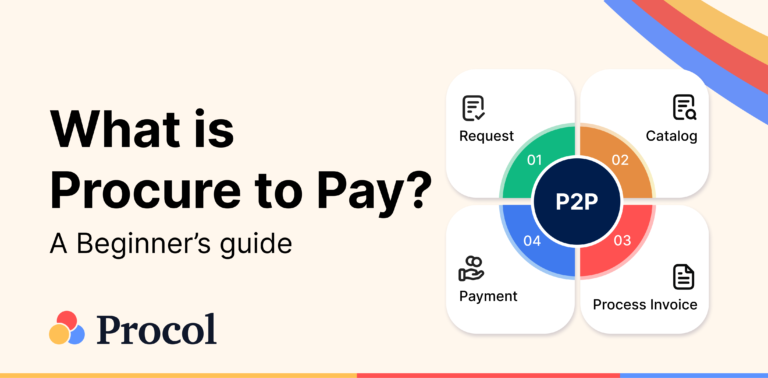
What is Procure-to-pay (P2P)? An Ultimate Guide
Procure to pay is the process from procurement of materials needed...
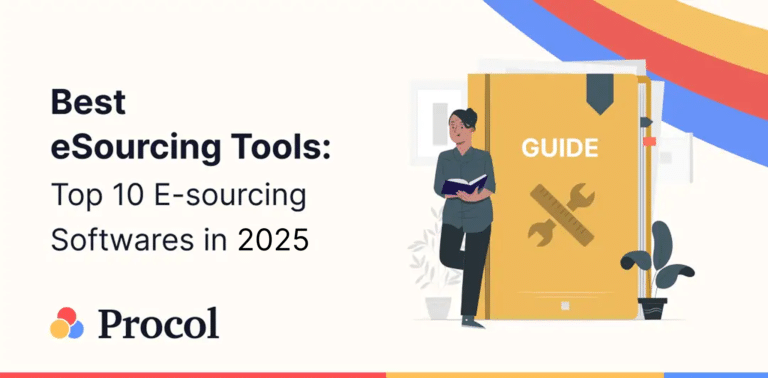
Best eSourcing Tools: Top 10 eSourcing Software in 2025
Discover top 10 e-sourcing tools and esourcing platforms necessary for efficient...
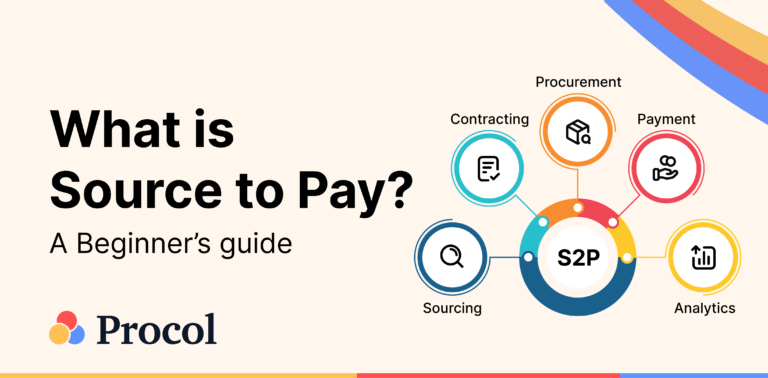
What is Source-to-pay in 2025? An Ultimate Guide
Source to pay is the process of sourcing vendors to procure...

